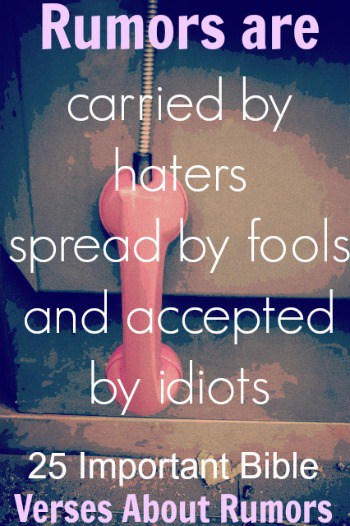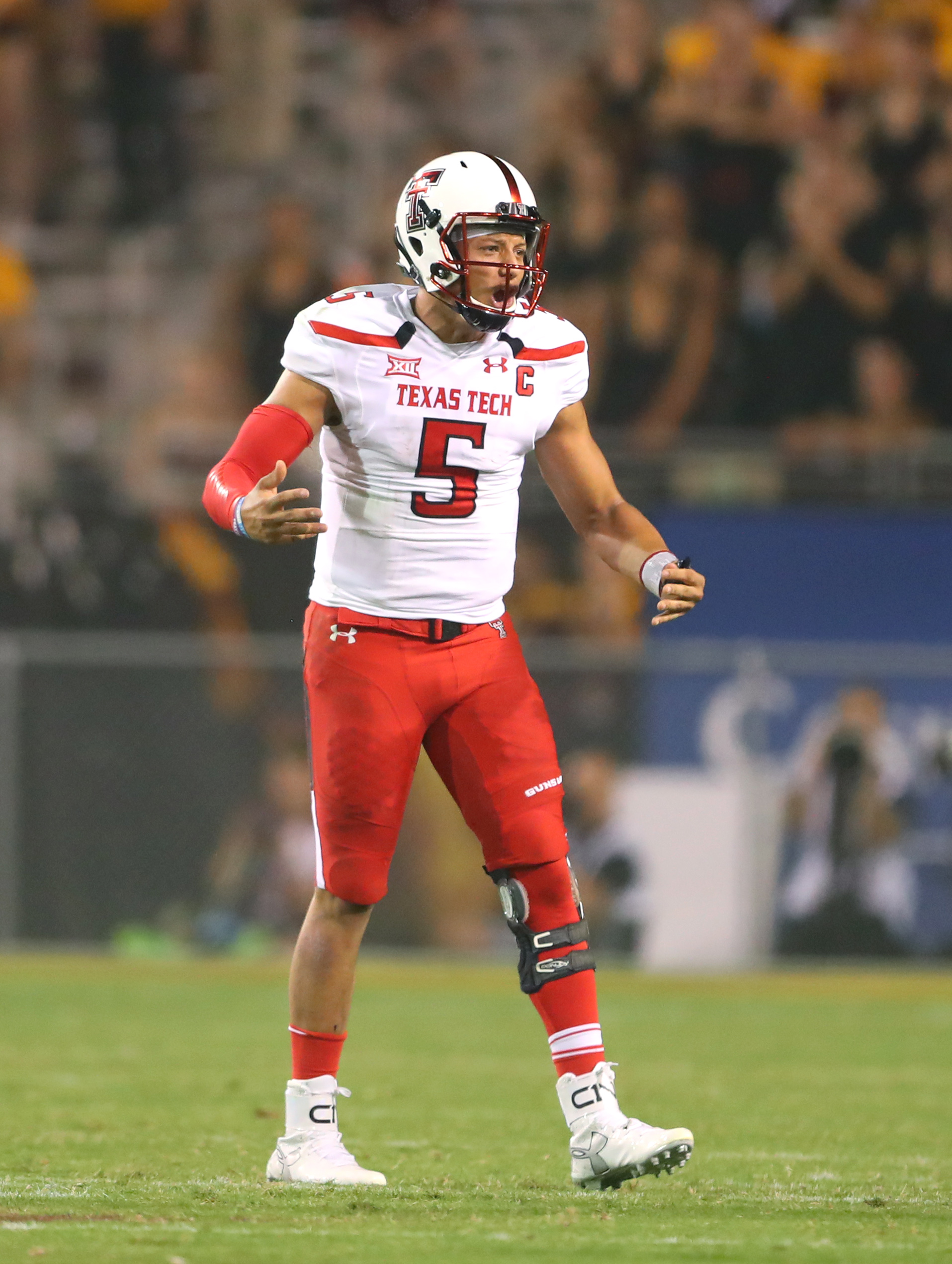Is the NBA offseason truly a time for rest and relaxation, or is it a period filled with whispers and speculations that could shape the future of franchises? The Los Angeles Lakers find themselves at the heart of such discussions as they navigate the uncertainties of the 2024-25 season's conclusion. A bold statement emerges: in professional sports, rumors are not merely idle chatter but potential game-changers that can redefine team dynamics, player trajectories, and organizational strategies.
An eventful NBA season has come to an end for the Los Angeles Lakers. Yet, this quiet interlude may be when the franchise genuinely gears up for significant decisions. As fans eagerly anticipate what lies ahead, the air buzzes with conjectures about trades, signings, and roster adjustments. These unverified pieces of information—commonly referred to as rumors—are far from trivial; they often reflect underlying truths or strategic intentions within the league. For instance, whispers regarding new film projects align closely with how rumor mills operate in Hollywood, much like those surrounding athletic teams.
| Personal Information | Data |
|---|---|
| Name | Los Angeles Lakers |
| Founded | 1947 |
| Location | Los Angeles, California |
| Arena | Crypto.com Arena |
| Championships Won | 17 (as of 2023) |
| Official Website |
Rumors have long been a staple of human interaction, transcending industries and cultures. Defined by Britannica Dictionary as unofficial interesting stories or pieces of news, these narratives gain traction through their allure and intrigue. In the context of professional sports, rumors serve as both catalysts and cautionary tales. They spark excitement among fan bases while simultaneously prompting scrutiny over authenticity. Consider the example provided by Snopes.com—an authoritative voice on debunking falsehoods—which highlights the importance of verifying sources before accepting claims at face value.
The social sciences delve deeper into the mechanics of rumors, emphasizing their role in shaping perceptions and influencing behavior. According to Wikipedia, a rumor involves statements disseminated without solid evidence. This characteristic makes them particularly potent in environments where stakes are high, such as competitive leagues like the NBA. When coupled with gossip—a close cousin of rumors—they become tools for social maneuvering. Parents magazine notes that spreading such narratives can stem from motives ranging from jealousy to revenge, underscoring the psychological underpinnings driving these communications.
In practical terms, understanding the impact of rumors requires dissecting their components. Merriam-Webster defines a rumor as talk or opinion widely disseminated with no discernible source. Applying this definition to the Lakers' situation reveals layers of complexity. Speculation about player movements, coaching changes, or financial maneuvers reflects broader trends observed across professional sports. However, distinguishing between credible leads and baseless conjecture remains paramount. Fans must approach each tidbit critically, considering its origins and supporting evidence.
Moreover, the phenomenon extends beyond individual franchises. It encompasses entire ecosystems involving agents, media outlets, and even rival organizations. Each entity contributes uniquely to the narrative landscape, sometimes intentionally fueling speculation to achieve specific goals. For instance, leaked reports hinting at blockbuster trades often generate buzz beneficial for all parties involved. Conversely, unfounded allegations risk damaging reputations and eroding trust within communities.
As the Lakers prepare for the upcoming offseason, stakeholders must weigh various factors carefully. Balancing ambition with pragmatism ensures sustainable growth rather than fleeting success driven solely by hype. Engaging transparently with supporters fosters goodwill, reinforcing connections built over decades. Meanwhile, addressing misinformation promptly mitigates potential fallout from misleading narratives.
Ultimately, the world of professional basketball thrives on anticipation and uncertainty. Rumors provide color to otherwise mundane periods, keeping audiences engaged year-round. Yet, discernment remains key. By cultivating critical thinking skills, fans and analysts alike contribute positively to discussions surrounding beloved teams like the Lakers. After all, separating fact from fiction enhances appreciation for the sport itself, ensuring its enduring appeal for generations to come.



